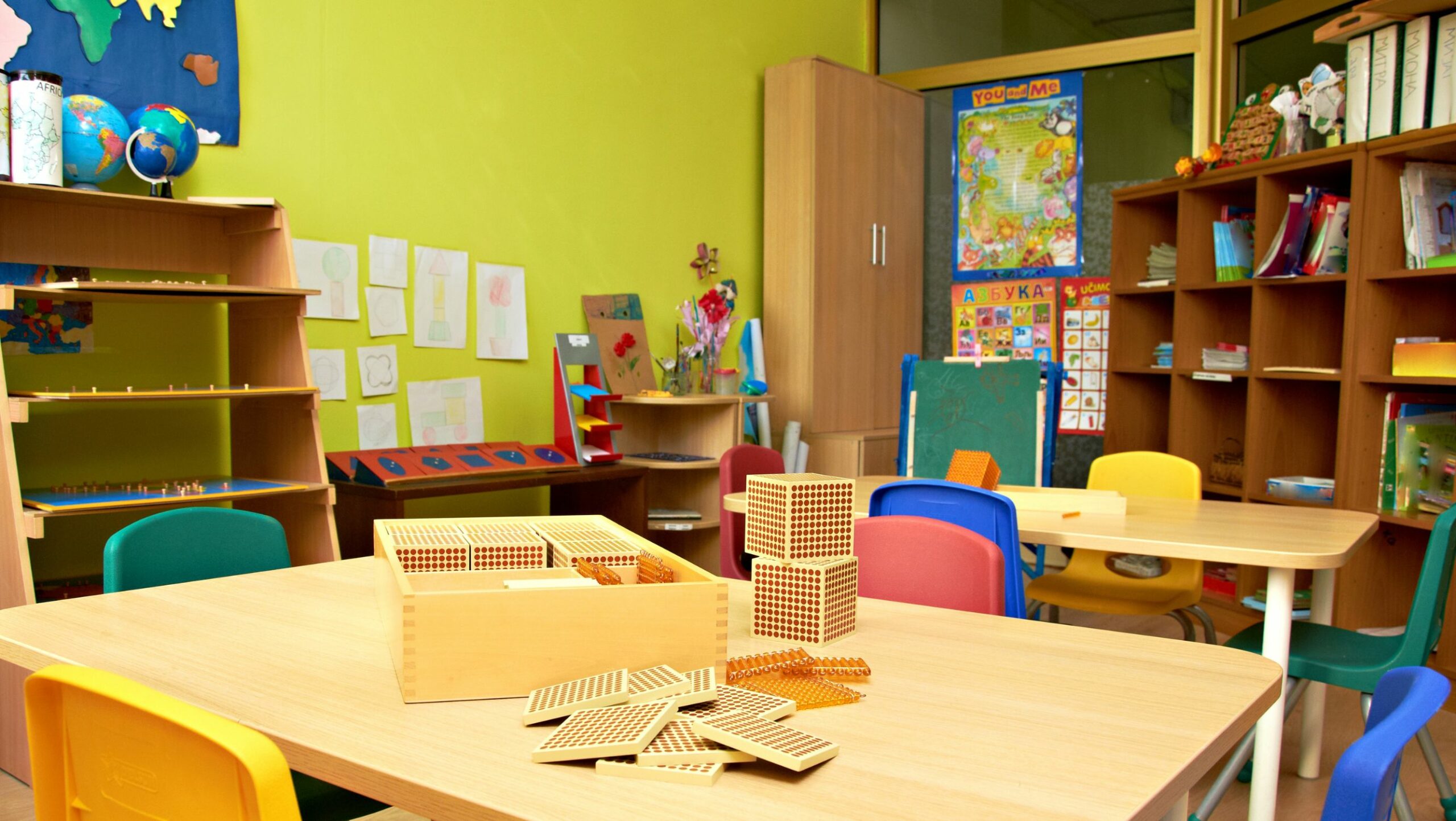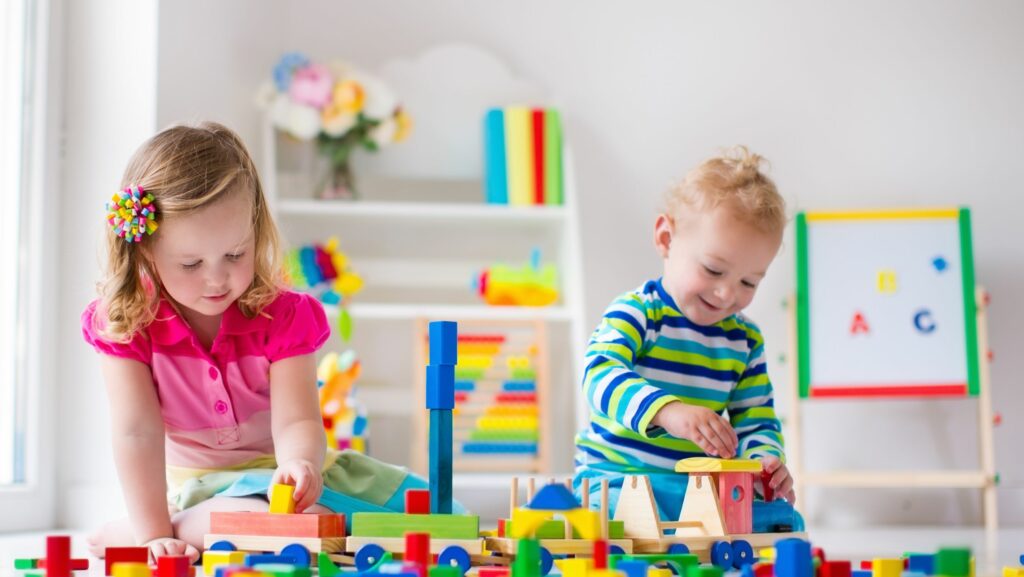Every child is born curious. From their first steps to their endless stream of “why” questions, children naturally want to explore and understand the world around them. Parents know the importance of finding a safe environment where curiosity is encouraged and confidence can flourish. That’s why many families seek supportive spaces like Day Care Oakleigh East, where little learners can grow not only academically but also socially and emotionally.
The Power of a Nurturing Start
The early years are a foundation for everything that comes later. When children are surrounded by caring adults who encourage exploration, they begin to feel safe taking small risks — trying a new puzzle, sharing with a peer, or speaking up in group time. Each achievement, however small, builds trust in themselves and sets the tone for future learning.
For parents, this nurturing start also provides reassurance. Knowing their child is in an environment that supports both curiosity and kindness eases the transition away from home.
Why Play Matters
Play is often mistaken for simple entertainment, but in reality, it’s the most powerful tool for childhood development. Through play, children learn problem-solving, negotiation, and resilience. A child building towers with blocks is learning more than balance and design — they’re experimenting with cause and effect, patience, and perseverance.
Different kinds of play teach different lessons:
- Imaginative play encourages creativity and empathy.
- Outdoor play builds coordination, health, and confidence in physical abilities.
- Collaborative play helps children practice teamwork and sharing.
When play is valued, children discover that learning doesn’t have to be serious to be meaningful.

Guiding Emotions and Resilience
Confidence isn’t only about what children know; it’s also about how they handle their emotions. Early childhood settings provide opportunities to practice managing feelings in a safe space. When a child is upset about a toy being taken, educators can step in to guide them — helping the child name their feelings, express them appropriately, and find a positive solution.
This daily practice equips children with resilience. They learn that it’s okay to feel big emotions, and more importantly, they gain the tools to manage them.
The Role of Routine
Children thrive on routine. Predictable schedules — mealtimes, naps, play, and group activities — provide a sense of security. When children know what comes next, they feel more confident participating and less anxious about change.
Over time, routines also teach responsibility. A child who learns to tidy up before story time understands the rhythm of the day and feels proud of their role in it.
Encouraging Curiosity Through Exploration
Curiosity is one of the most valuable traits a child can carry into adulthood. By asking open-ended questions like, “What do you think will happen if we add water to the sand?” educators encourage children to think critically and creatively.
Instead of giving ready-made answers, guiding exploration allows children to discover solutions themselves. This builds both independence and a lifelong love of learning.
The Parent-Educator Partnership
Parents and educators work best when they work together. Families know their children’s unique personalities, while educators bring professional knowledge of development and learning. When both share insights, children benefit from consistent care across home and day care.
Simple updates, from daily notes to shared photos, help parents feel connected. They see firsthand how their child is thriving — whether through new friendships, creative artwork, or a growing vocabulary.
Small Wins That Build Big Confidence
Confidence often grows in moments adults might overlook. Successfully putting on shoes, learning to pour a drink, or sharing a toy are all small victories that make a big difference to a child. Each success adds another layer to their belief in what they can do.
Encouragement is key here. Recognising effort, not just results, helps children understand that trying is just as valuable as succeeding. This mindset prepares them to face challenges in school and later in life.
Preparing for Tomorrow
By the time children move on to primary school, those who have had positive early experiences often stand out. They approach new situations with confidence, interact well with peers, and see learning as something exciting. Parents notice it at home too — children are more willing to help, more patient with siblings, and more confident in expressing themselves.
Early care isn’t just about preparing children for academics; it’s about preparing them for life.
A Place Where Growth Feels Natural
At its best, early learning feels less like instruction and more like belonging. It’s a place where questions are encouraged, routines bring comfort, and every child’s unique pace is respected. Within that balance, curiosity blossoms, confidence grows, and children step forward into their next stage ready for whatever comes next.

